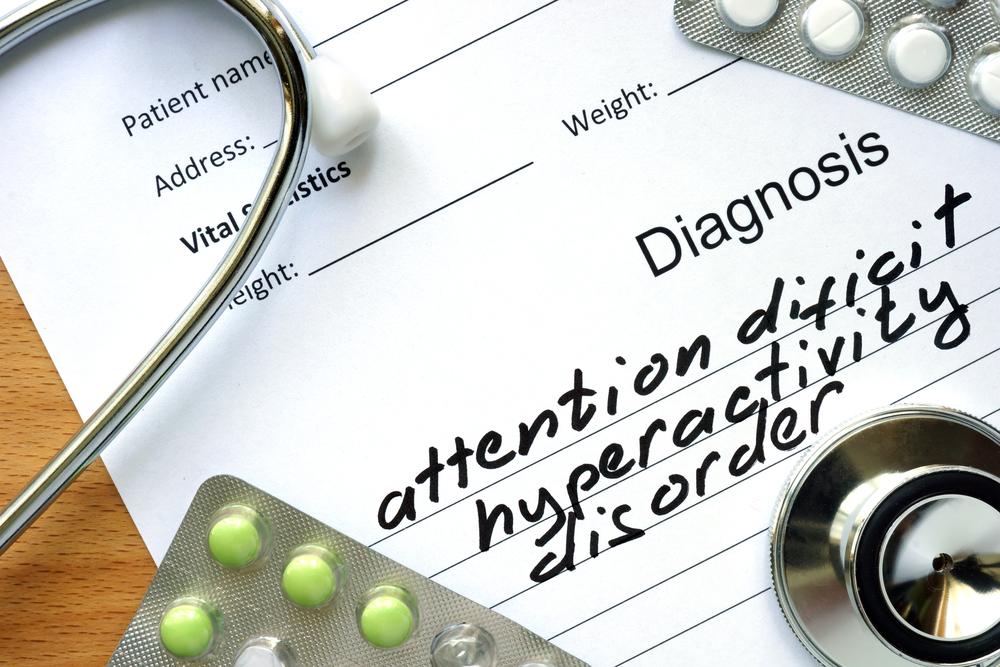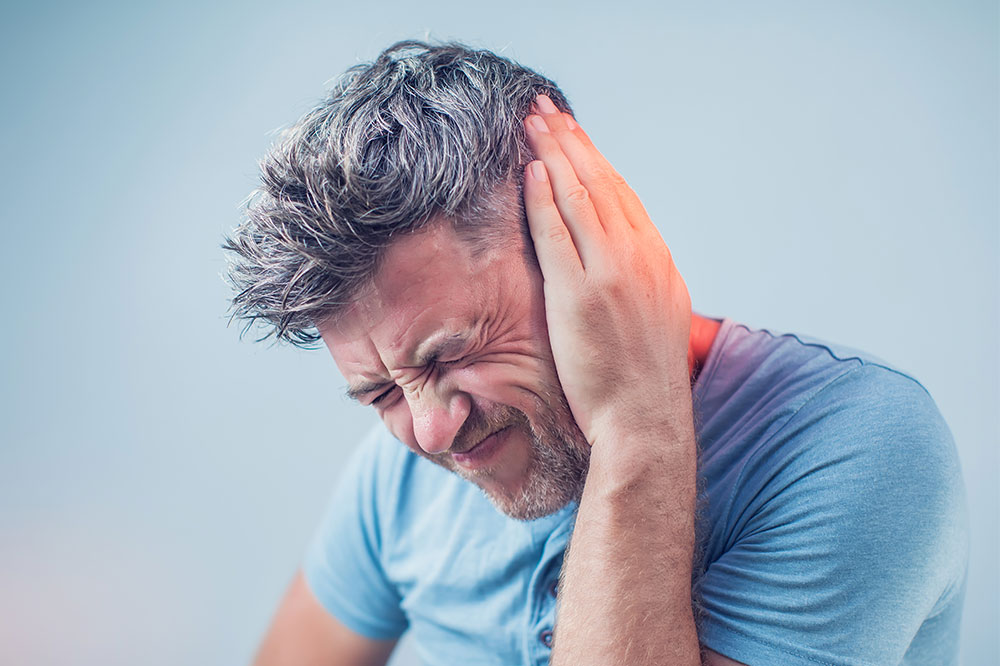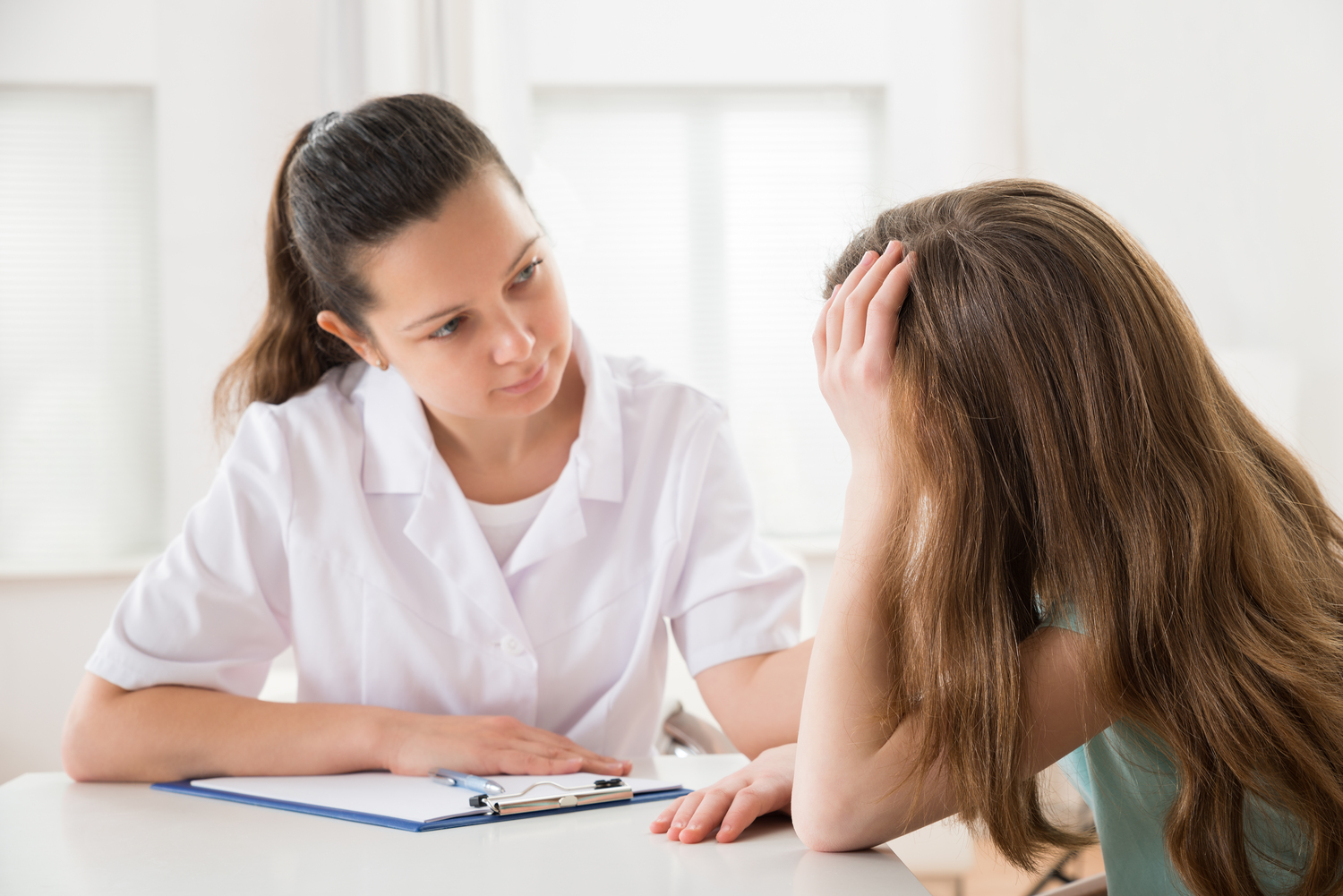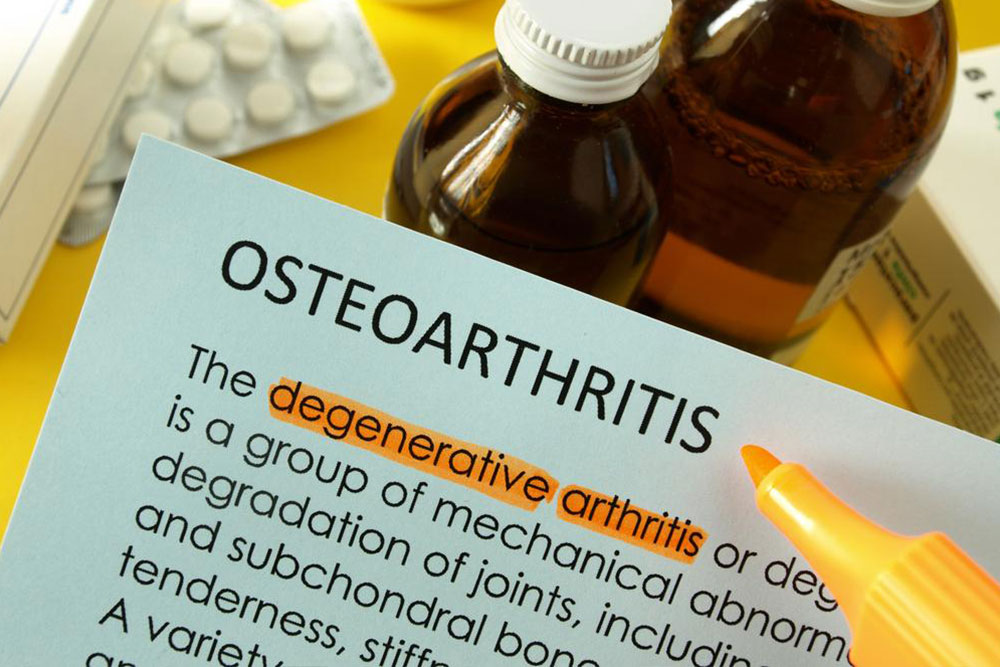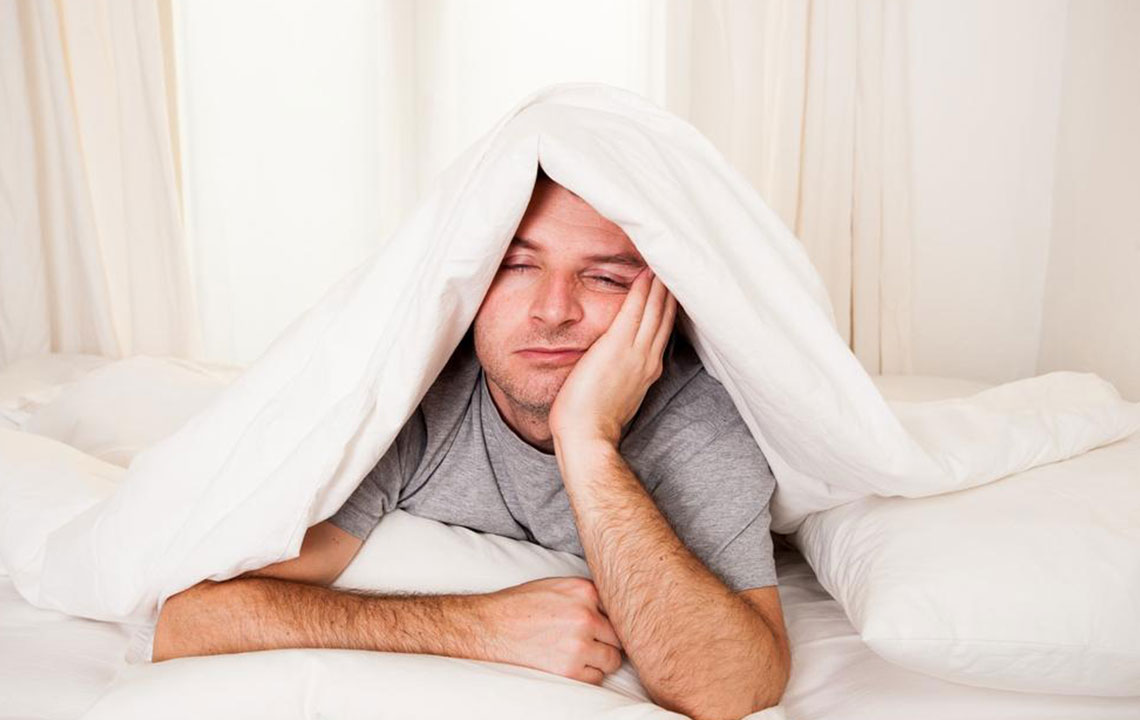Alternative Strategies for Managing ADHD Without Medication
Explore effective non-medical strategies for managing ADHD, including dietary changes, neurofeedback, mindfulness, and environmental adjustments. These approaches can complement traditional treatments and help improve quality of life for children with ADHD, emphasizing natural, behavior-based, and lifestyle modifications recommended by health professionals.
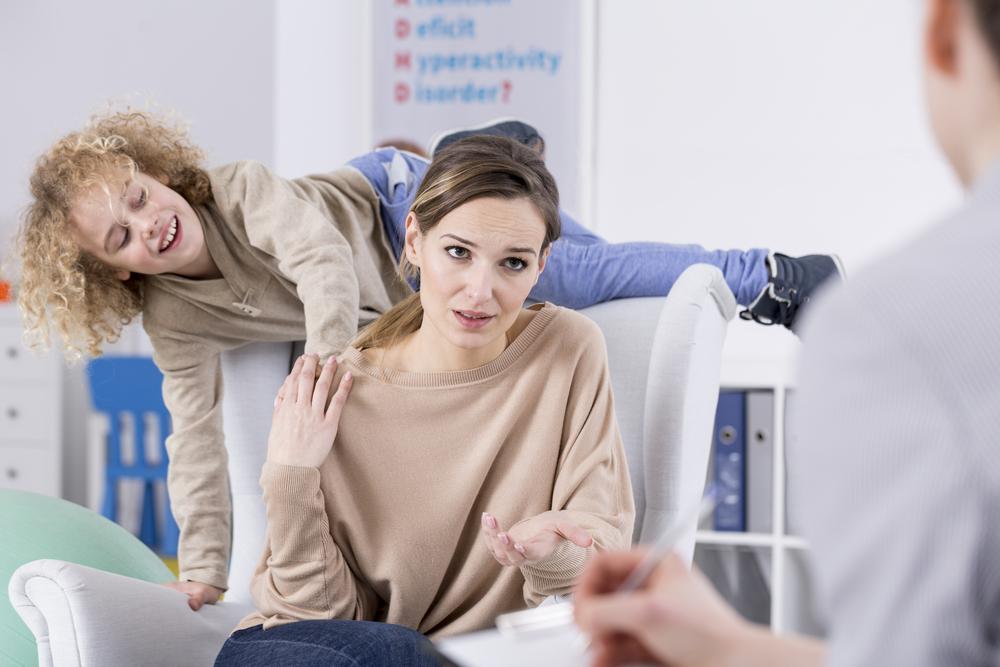
Alternative Strategies for Managing ADHD Without Medication
Many parents of children diagnosed with ADHD prefer non-pharmaceutical approaches due to concerns about side effects. While medicinal treatments are common and effective in about 80% of cases, they are not the only option. To help children manage symptoms and improve their quality of life at home and school, various behavioral, dietary, and lifestyle modifications are recommended by healthcare providers.
Below are some key non-drug methods to consider:
1) Dietary Adjustments
The connection between diet and ADHD has been debated for years. Recent studies indicate that artificial food dyes, although deemed safe, may increase hyperactivity. Other potential dietary triggers include milk, food additives, excessive sugar, wheat, and eggs.
2) Neurofeedback Therapy
Although scientific consensus is still evolving on its effectiveness, neurofeedback—an EEG biofeedback technique—aims to improve focus by monitoring brain wave activity. Many parents opt for this method based on medical advice, hoping it can enhance brain efficiency and reduce ADHD symptoms.
3) Physical Activity and Mindfulness Practices
Activities like yoga combined with meditation are known to reduce stress and promote calmness. These practices can help children learn techniques for relaxation and self-control. Participating in sports or team activities also boosts self-esteem and discipline.
4) Minimize Stressful Conditions and Distractions
Creating a stable and predictable routine at home, with set wake-up times, meals, homework, and bedtimes, can significantly lessen symptom severity. Limiting exposure to screens and cluttered spaces further helps children with ADHD feel calmer and more focused.
Important Reminder: The information provided in this article is for educational purposes only. It should not replace professional medical advice. Always consult with licensed healthcare providers for diagnosis and treatment options regarding ADHD or any health condition.

